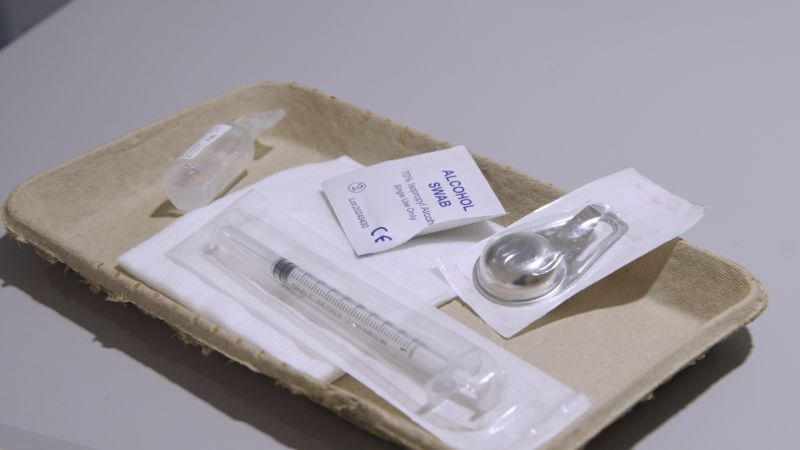The UK has taken a significant step in addressing its drug crisis with the opening of the first drug consumption facility in Glasgow, Scotland. This facility, which opened six months ago, provides a supervised space for individuals to inject illegally purchased Class A drugs. By offering medical oversight, the initiative aims to reduce the alarming number of fatal overdoses in the country, which has the highest rate of drug-related deaths in Europe, according to data from Scottish health officials.
Located in a high-use area of the city, the facility was funded by the Scottish government as part of a broader strategy to combat the rising tide of addiction and related fatalities. Glasgow has been particularly hard-hit, prompting authorities to adopt measures similar to those implemented in other European cities where such facilities have been established.
Addressing a Growing Crisis
Statistics reveal the gravity of the situation: Scotland recorded over 1,300 drug-related deaths in 2021 alone. The establishment of the drug consumption facility in Glasgow is seen as a proactive response to this crisis, providing a controlled environment where health professionals can intervene and offer immediate assistance in case of overdoses.
While this initiative has garnered support from many health advocates, it remains a contentious topic. Critics argue that such facilities may enable drug use rather than deter it. Proponents, however, contend that providing a safe space is essential for reducing harm and offering pathways to treatment for addiction.
During a recent visit by CNN, the operations of the clinic were closely examined. Staff members at the facility are trained to handle emergencies and are equipped with Naloxone, a medication that can reverse the effects of an opioid overdose. This proactive approach aims to save lives and provide users with access to additional health services.
A Model for Change
The Glasgow facility is part of a growing trend in harm reduction strategies across Europe. Cities like Berlin and Lisbon have successfully implemented similar programs, showcasing that supervised consumption can lead to improved health outcomes for users. These models emphasize the importance of viewing addiction as a public health issue rather than solely a criminal one.
In Glasgow, the facility is not just a place for consumption; it also serves as a point of contact for users seeking medical care, counseling, and addiction treatment services. This integrated approach aims to create a supportive environment that encourages individuals to seek help and ultimately reduce the stigma associated with drug use.
As the facility continues to operate, its impact will be closely monitored by Scottish health officials and local authorities. The hope is that it can serve as a template for future initiatives across the UK and beyond, paving the way for a more compassionate and effective response to the ongoing drug crisis.
In conclusion, the launch of the drug consumption facility in Glasgow represents a significant shift in addressing the complexities of drug addiction. By prioritizing safety and health, Scotland is taking important steps towards reducing the devastating consequences of drug-related deaths, offering a model that other regions may soon consider.
